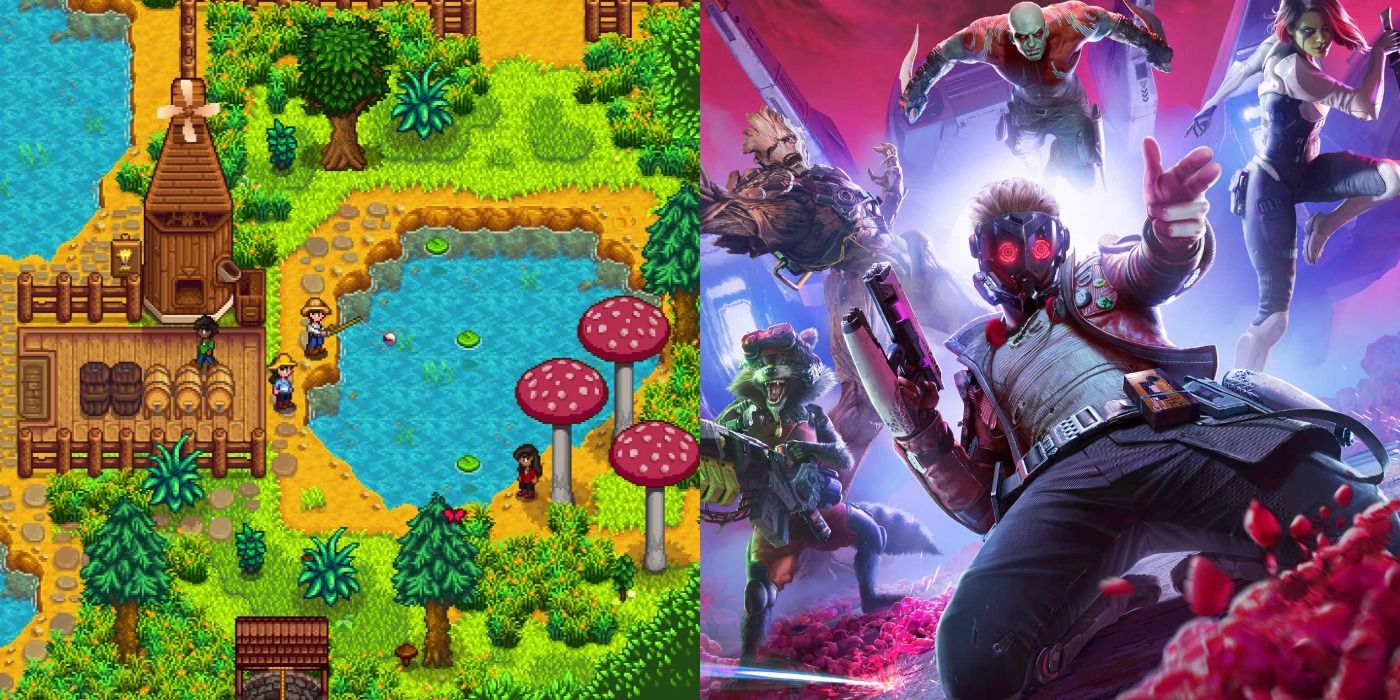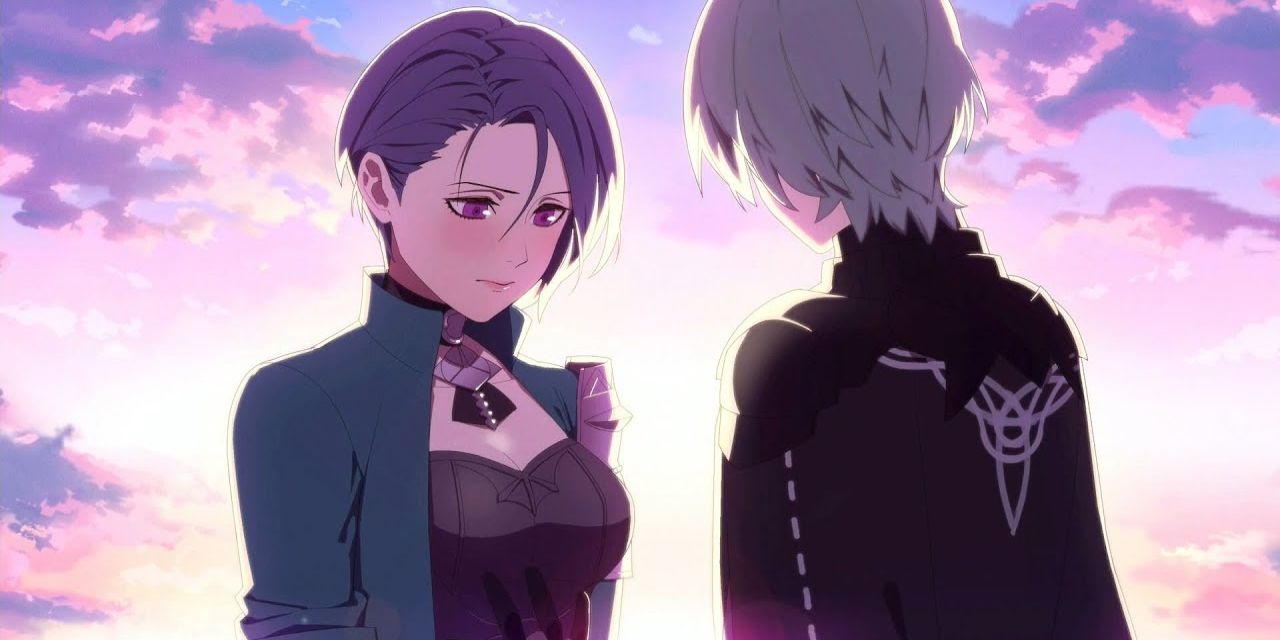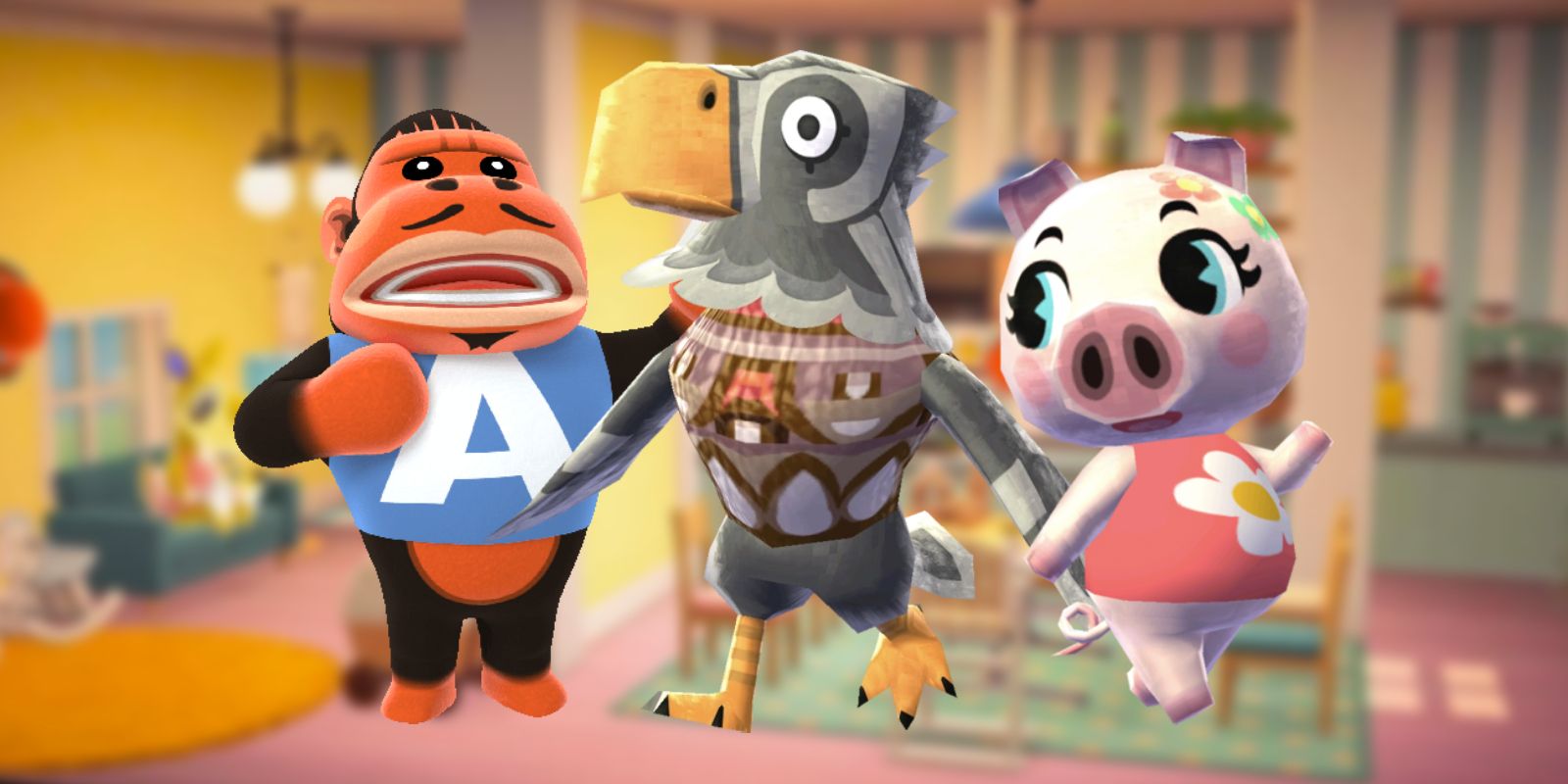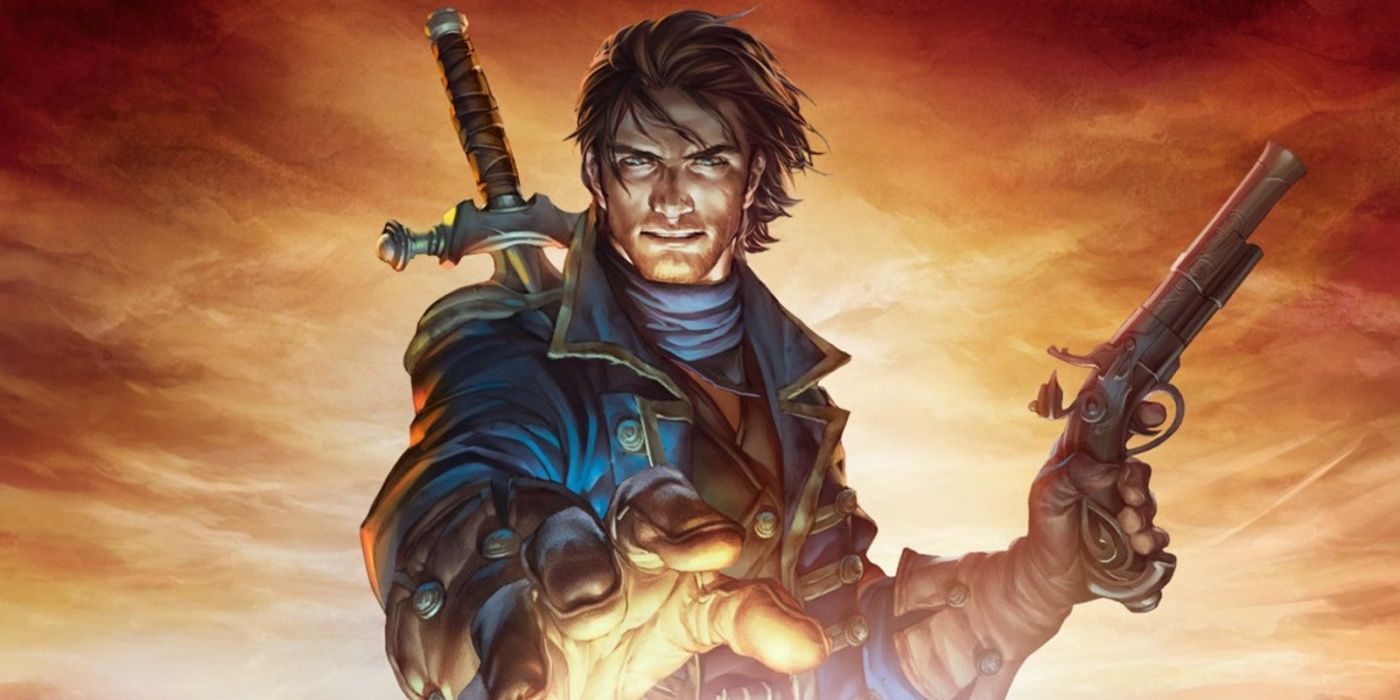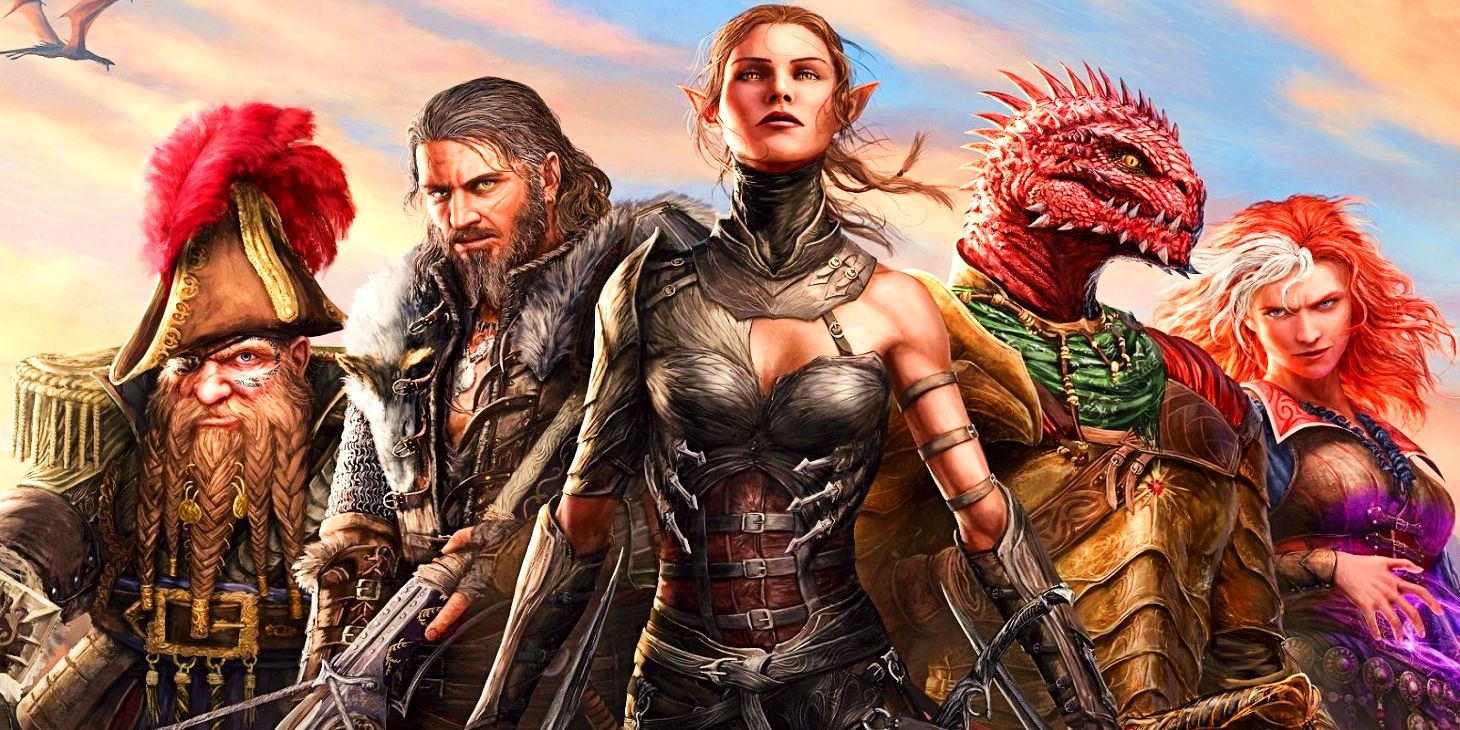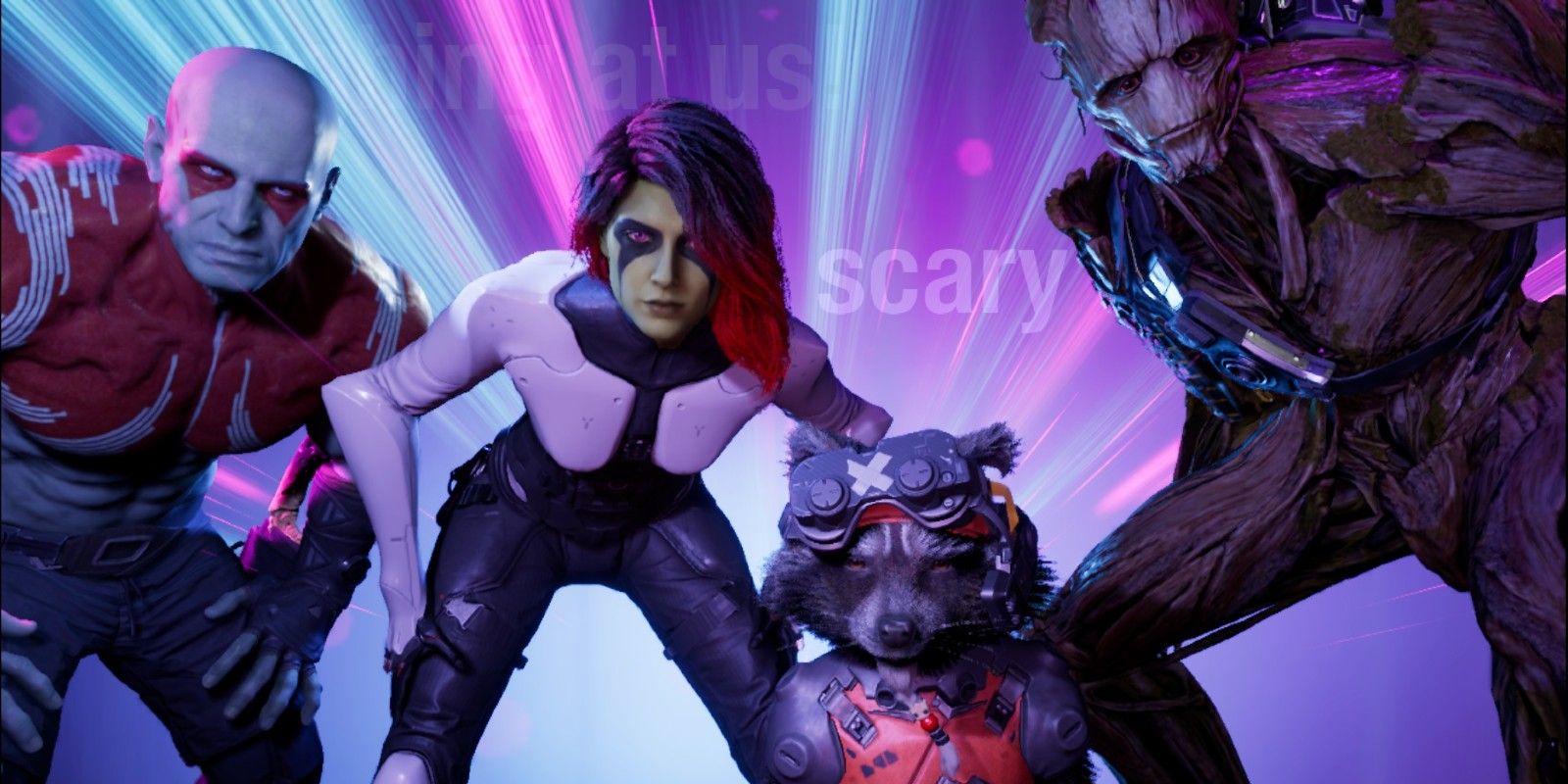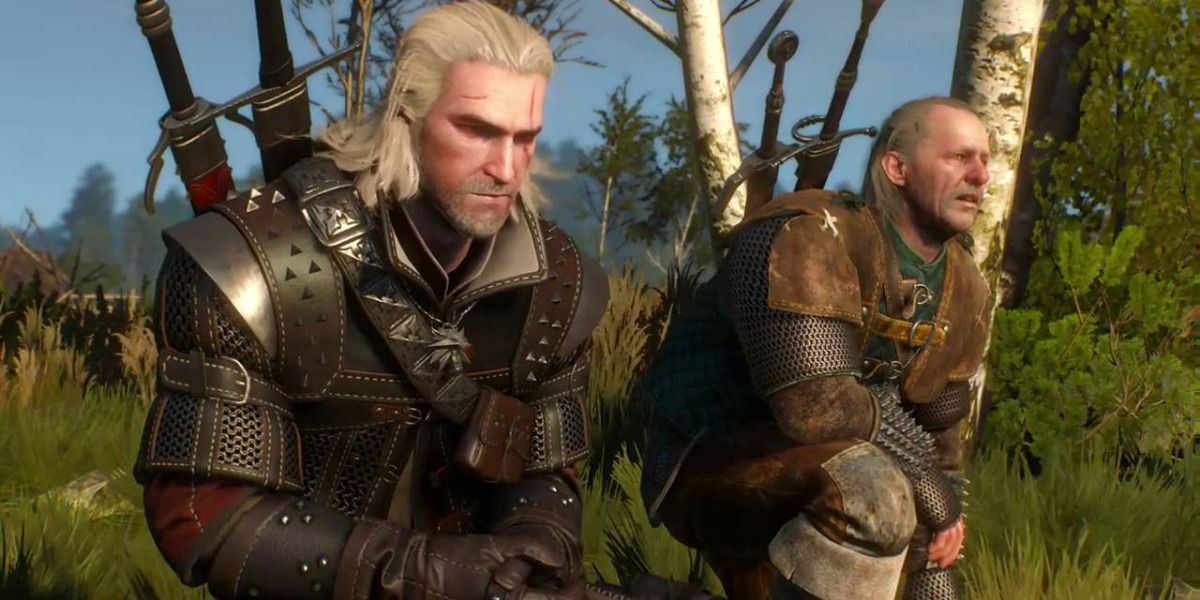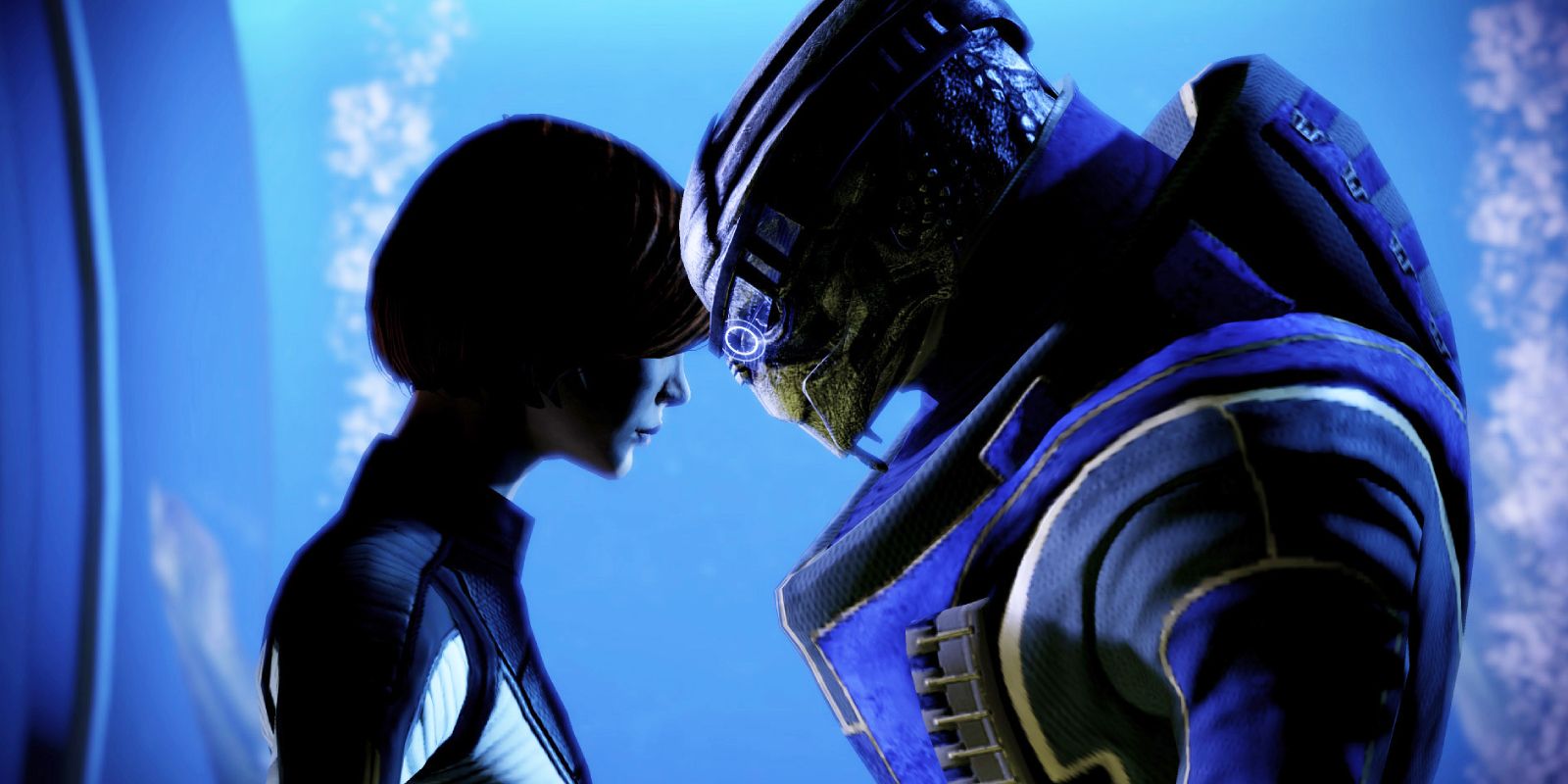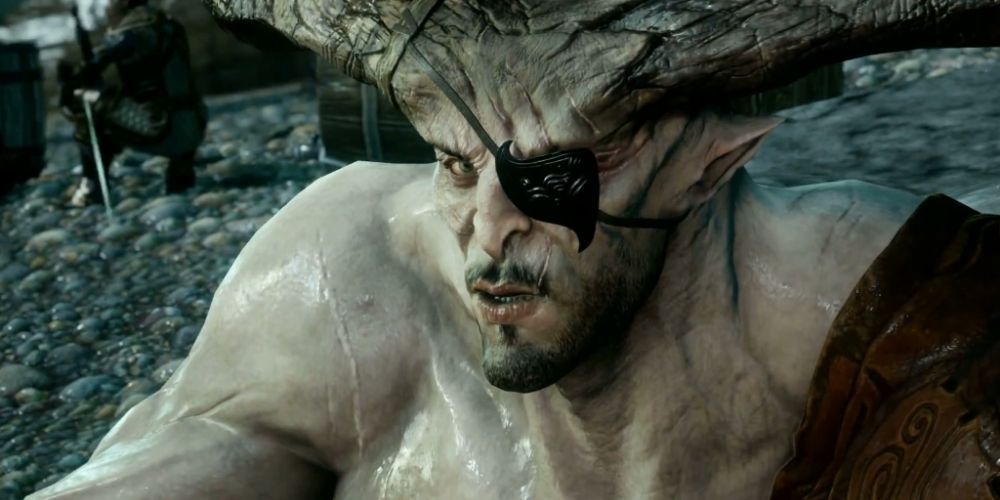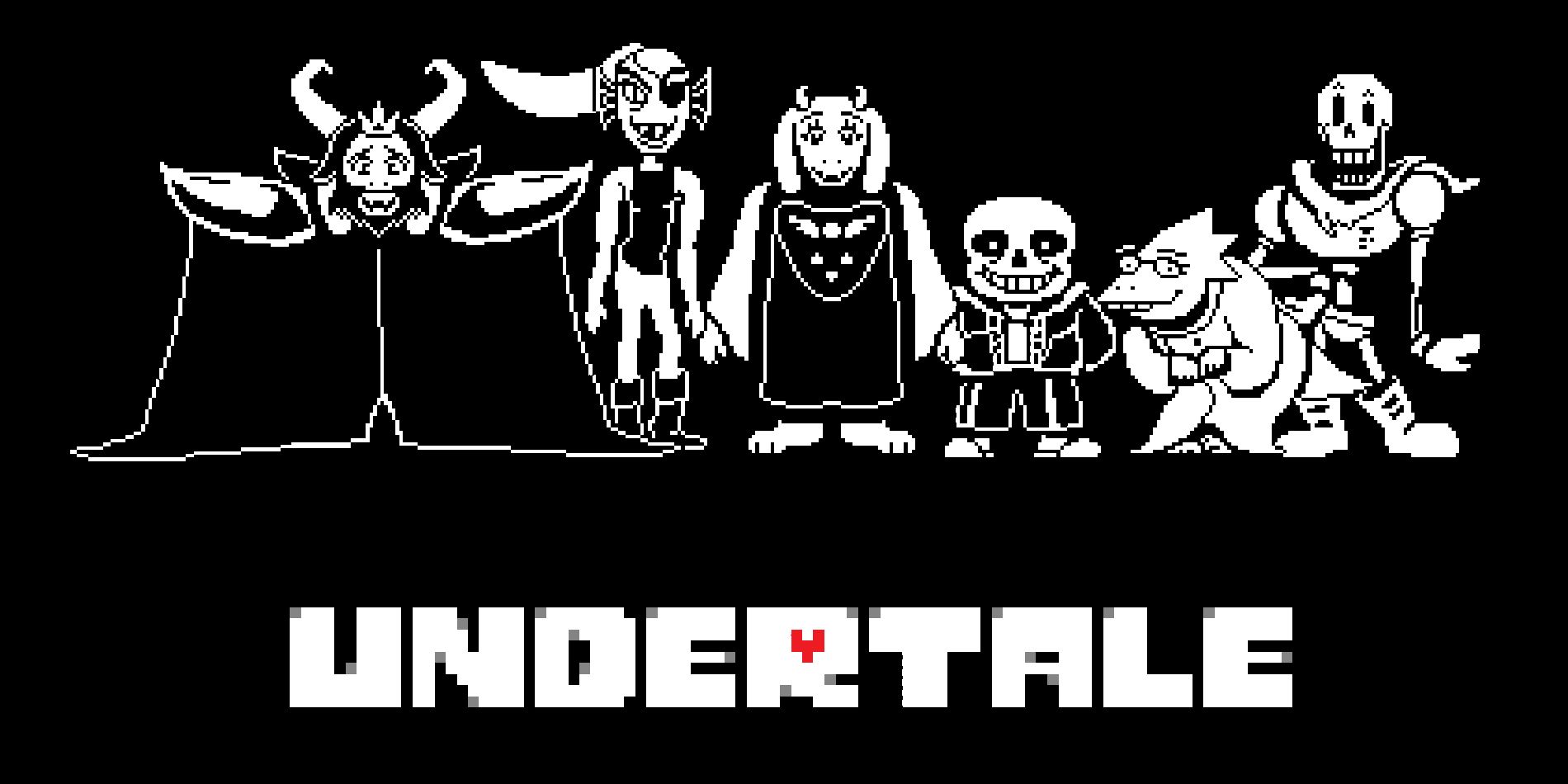Some games require quick trigger fingers, others might ask for the mind of a battle-ready strategist, but then some require players who get along well with others. In a modern age of emotional storytelling, worldbuilding, and dialogue options, it's not enough just to make impulsive decisions at the drop of a hat anymore.
Many modern titles have added weighty choice mechanics that will determine the fate of the player's character. Sometimes, they even go as far as changing the game's ending. NPCs have evolved far beyond a face and a block of text on the screen. At times, forming a solid relationship, romantic or otherwise, can be the difference between victory and defeat.
Fire Emblem Series
The Fire Emblem series, specifically later entries like Three Houses, has a more than ample supply of character interactions and character-driven storytelling elements to present its war-forged epics. But it takes more than being a skillful tactician to succeed in this anime-inspired universe.
Forming relationships, both in friendship and romantically, will affect the narrative and sometimes the player's units. As weird as it might be fighting alongside a character's children, it certainly helps maintain the series's identity. The family who slays together stays together, after all.
Animal Crossing Series
As any gamer who's gone in extreme debt to Tom Nook will know, there's a lot more to the Animal Crossing games than bells, butterflies, and bug-collecting. It's about making sure the host of animal villagers keep have a wonderful place to call home, and there's no better way to do that than by making friends.
Getting chummy with the villagers can always improve a player's experience, whether just through the delightful interaction with the game's cast or unlocking neat collectibles for the player's house or avatar. It might not have any mind-blowing dialogue options or paradigm-shifting choices, but sometimes it pays to be nice.
Stardew Valley
While some might consider this indie darling a Harvest Moon clone, there's much more to it than just raising a garden on a 16-bit homestead. While the romance options in the game are certainly delightful, getting to know and make friends with the different citizens of the town is also a huge part of the title.
Mingling with the NPCs has a similar effect to the Animal Crossing villagers, essentially making things better for the player. The citizens are practically the soul of the game's environment, and working with them can greatly improve the overall roleplaying experience.
Fable Series
One of the biggest things that made Fable an RPG standard of its day was its then-novel morality system. Choice options and dialogue trees are a huge part of many modern successes in the genre, but it was this game that helped establish that factor across the genre.
The way the player interacts with the world greatly shapes the narrative of the overall story, whether for good or for bad. From undertaking quests for random NPC townsfolk to marrying and having a family, how the player handles different interactions. Be the noble hero the realm deserves, or so evil horns start to grow, it all depends on the player.
Divinity: Original Sin 2
Divinity: Original Sin 2 is one of the deepest RPG games available on consoles, and that stretches further than the combat, magic, and environments. Interacting with various NPCs and doing various feats and deeds can help, hinder, and otherwise alter a player's journey in this fantasy world.
Whether it's building a party of battle-ready adventurers, trying to persuade an NPC to a more favorable outcome, or attempting to romance a skeletal wizard, cultivating relationships and interacting with the various characters can be both functional and fun. Especially with so much to do and so many places and outcomes to explore.
Marvel’s Guardians Of The Galaxy
It's almost an unanimous statement that the Guardians of the Galaxy work better when all five members can work together as a team, and that's a concept Square knocked out of the park in their video game adaptation of Marvel's gang of galactic outlaws. Not only do dialogue choices and interactions affect the story, but team morale is a huge part of the gameplay.
Team commentary and banter are a huge part of the Guardians' relationship dynamics in the comics, so it makes sense the same elements would be focused upon in the game. But the best use of the team's interaction is the Huddle, a super move that triggers a bonus advantage if the right dialogue choice is activated. The results can be quite explosive if the team is given the right pep talk.
The Witcher III
The Witcher series has always been built on narrative storytelling, largely thanks to its literary roots. But the dialogue and interactive choices are better explored in The Wild Hunt where everything from how characters and townsfolk treat and address Geralt to how his relationship with Yennifer is affected.
Monster-slaying is the core of the experience, that much never changes, but those who are just in it for the saga of Geralt of Rivia might want to pay attention to how they treat other characters they meet. Especially if they happen to be of the magic-user variety.
Mass Effect Series
Bioware is a name that's often associated with deep, complex, and narrative-driven RPGs, and the Mass Effect series is one of their most beloved titles. Leading a team of soldiers and explorers as the famous Commander Shephard takes more than skills with a rifle to have a successful campaign, and the character interactions on and off the ship can direct the story in various ways.
From tactics and romances to space politics and the infamous "Suicide Mission" of the second game, choices have consequences and actions have reactions. Relationships both professional and interpersonal can determine what kind of captain players will be.
Dragon Age Series
Of course, there's no mentioning Bioware games without dropping the Dragon Age series into the mix as well. While the previously mentioned Mass Effect has more than its fair share of fans, the narrative prowess truly shines brighter in a fantasy setting. As with most character-driven games, how a player communicates to their party and the NPCs they meet can drastically affect various outcomes.
There are more than a few head-scratchers in the game too, some even venturing into intense morality territory. Anyone can romance the Iron Bull, but the decision to appease Morrigan and undergo her dark ritual still haunts some players to this day.
Undertale
Undertale is practically notorious for its relationship mechanic. When the way to win a game is literally to make friends with every monster along the way, it truly says something about the developer. But the way the game is played might just say more about the player.
The ending and interactions with boss characters all depend on how players treat NPCs. While it's recommended to play the pacifist route and lovingly interact with the creatures Frisk encounters, truly sadistic players have gone the genocide route and left a trail of carnage in their wake. Fights and encounters have weight and consequences.

